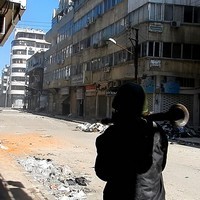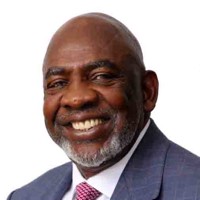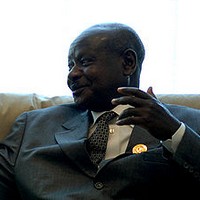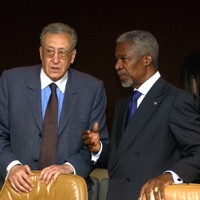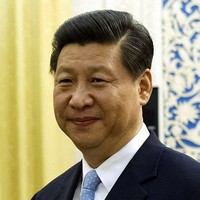
Editor’s note: This is the first in a two-part series on the policy priorities and initial reforms of China’s new leadership. Part I examines domestic policy. Part II examines foreign policy. Despite the sense of disappointment surrounding China’s leadership transition in the month since the November party congress, policy formulation has moved ahead, even as incoming President Xi Jinping actively forges his public persona. China-watchers have been able to piece together a more detailed picture of elite politics during the run-up to the handover, while clearer signals about the new leadership’s domestic policy priorities are gradually emerging. Although political reforms […]







